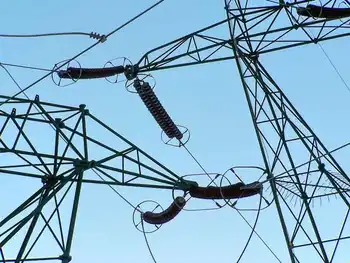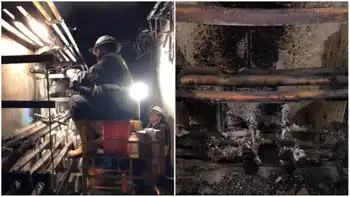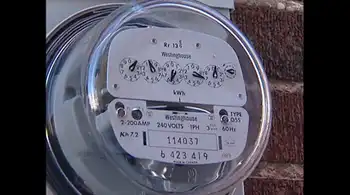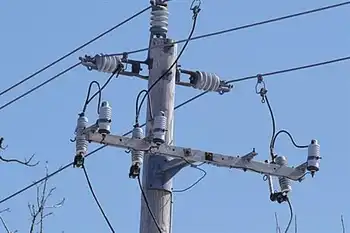Proposal would expand “net metering”
INDIANA - A proposed expansion of Indiana's rules dictating which owners of wind turbines and other renewable power systems get credit for excess power they generate is drawing early support from clean energy advocates.
The draft "net metering" rule would boost the state's power cap for renewable power units and expand it to all customer classes served by electric utilities.
Under net metering, customers are charged only for the net amount of power they use. They get credit on future bills for excess power generated and sent into the electric grid.
But Indiana's current rules apply only to homeowners and K-12 schools and set a 10-kilowatt limit for each customer tapping the wind, sun or other clean energy sources.
The proposal drafted by the Indiana Utility Regulatory Commission calls for expanding net metering to all customer classes and raising the power capacity 100-fold to 1 megawatt.
The panel agreed to revise the rules at the behest of state Sen. James Merritt, R-Indianapolis, after a push to update them failed in the Legislature's closing days this March for the second straight year.
Merritt said he had not reviewed the proposed changes. But he said he's eager to hear the details of a technical workshop the commission is hosting on the draft rules.
Steve Francis of the Hoosier Chapter of the Sierra Club said the group is "very supportive" of the proposed cap expansion and extending the rule to businesses, industries and municipalities — the classes he said would benefit most from a far higher cap.
"In our view, this will expand the use of net metering significantly in Indiana, create jobs that can't be outsourced and make Indiana more competitive with other states," he said.
Commission spokeswoman Danielle McGrath said the panel decided to revise the rules after public hearings in Indianapolis, Owensville and South Bend in June showed there was support.
McGrath said the proposed rule will be published in the Indiana Register, followed by a public hearing and a vote before the commission. The timeline is unclear, but she said Indiana rule-making typically takes 10 to 12 months.
State Rep. Ryan Dvorak, who sponsored legislation last session calling for a net metering overhaul, said a draft rule is progress "but there's some room for improvement."
Dvorak, D-South Bend, said he would prefer the state had no power cap for renewable systems. He said any such limit would only end up excluding customers with systems that generate more power than the cap level.
For example, he said the city of South Bend's planned 2 megawatt hydroelectric dam on the St. Joseph River would not be eligible for net metering under the proposed changes.
"When you draw these arbitrary caps, you're going to cut some people out when the goal behind this is to develop the industry and allow everybody in," Dvorak said.
The Indiana Energy Association, which represents Indiana's largest power companies, still is getting feedback from its electric utility members to assess their position on the proposed changes, said Ed Simcox, the group's chief executive officer.
He said the association is analyzing the "technical ramifications" of the proposed one megawatt cap to determine what its impact might be on investor-owned electric utilities.
Related News

N.L., Ottawa agree to shield ratepayers from Muskrat Falls cost overruns
ST JOHNS - Ottawa and Newfoundland and Labrador say they will rewrite the financial structure of the Muskrat Falls hydro project to shield ratepayers from paying for the megadam's cost overruns.
Federal Natural Resources Minister Seamus O'Regan and Premier Dwight Ball announced Monday that their two governments would scrap the financial structure agreed upon in past federal-provincial loan agreements, moving to a model that redirects benefits to ratepayers.
Both politicians called the announcement, which was light on dollar figures, a major milestone in easing residents' fears that electricity rates will spike sharply when the over-budget dam comes fully online next year.
"We…




